Rickie Fowler is back and ready to make his mark in the upcoming season of TGL Golf. The American pro, known for his smooth swing and vibrant personality, is gearing up for Season 2 with high expectations.
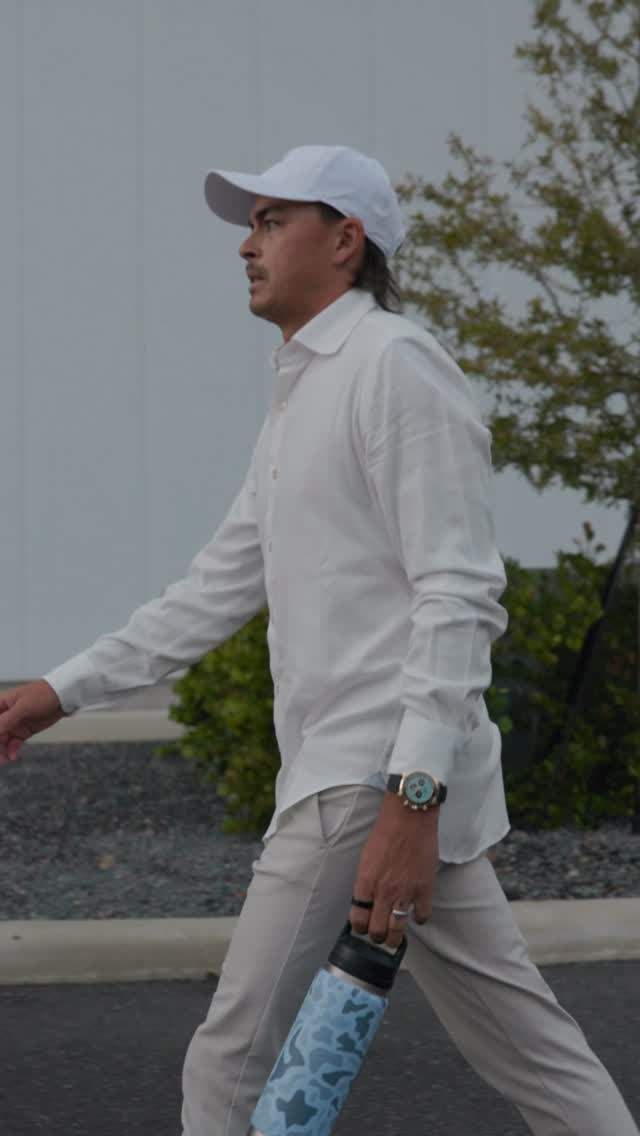

Rickie Fowler is back and ready to make his mark in the upcoming season of TGL Golf. The American pro, known for his smooth swing and vibrant personality, is gearing up for Season 2 with high expectations.
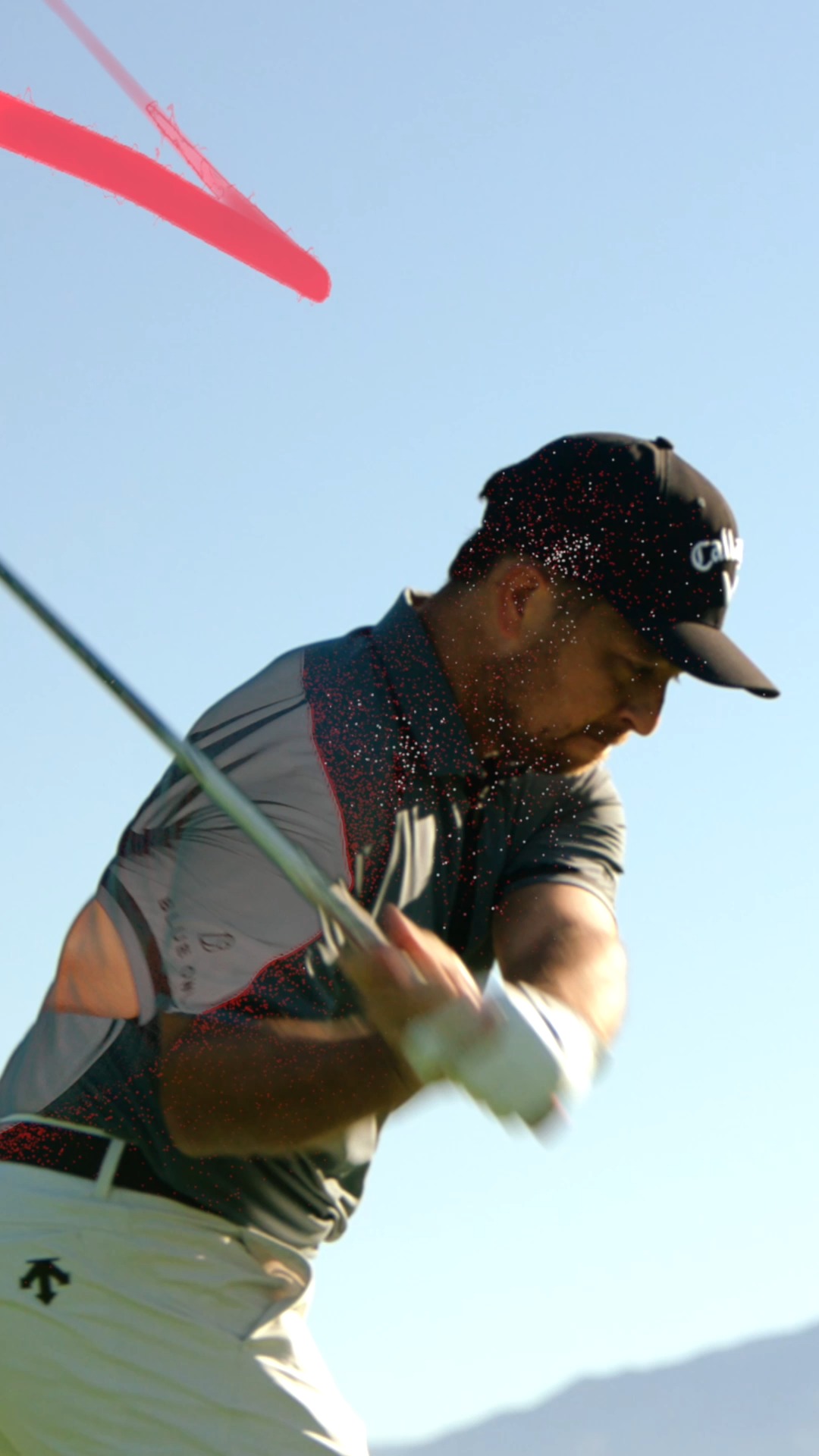
It’s not always easy for a professional golfer to switch equipment, but Xander Schauffele is already looking forward to the 2026 season with the new Quantum driver from Callaway.
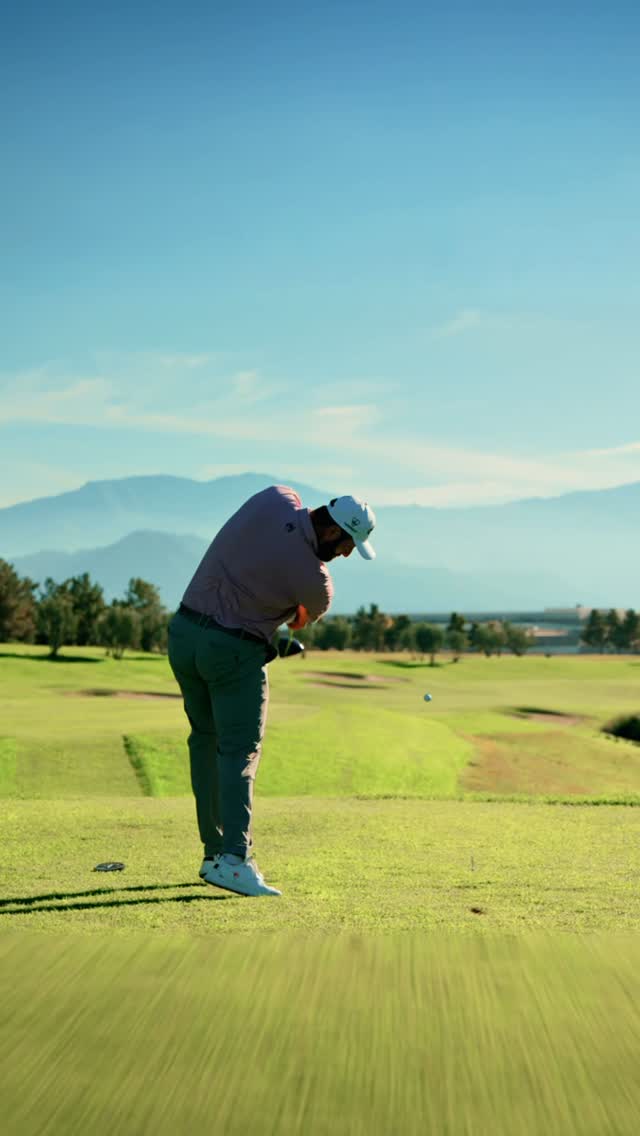
The Quantum driver has proven to be impressively consistent, delivering excellent performance even on off-center strikes. Players report that spin numbers remain stable and ball speed feels maximized regardless of where the ball is struck on the clubface. This level of reliability is crucial for golfers seeking to maintain control and distance throughout their rounds.
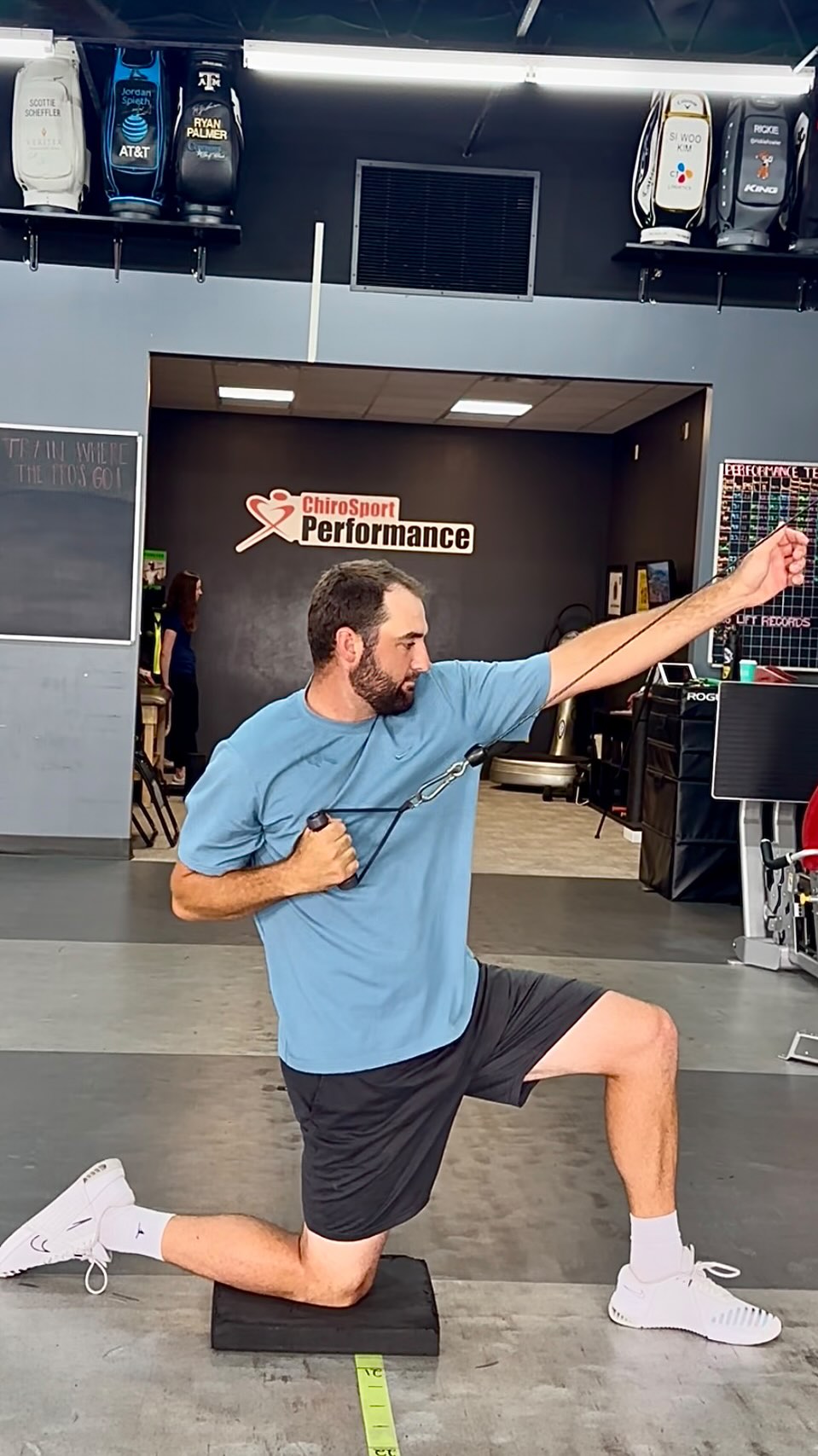
BACK TO WORK💪
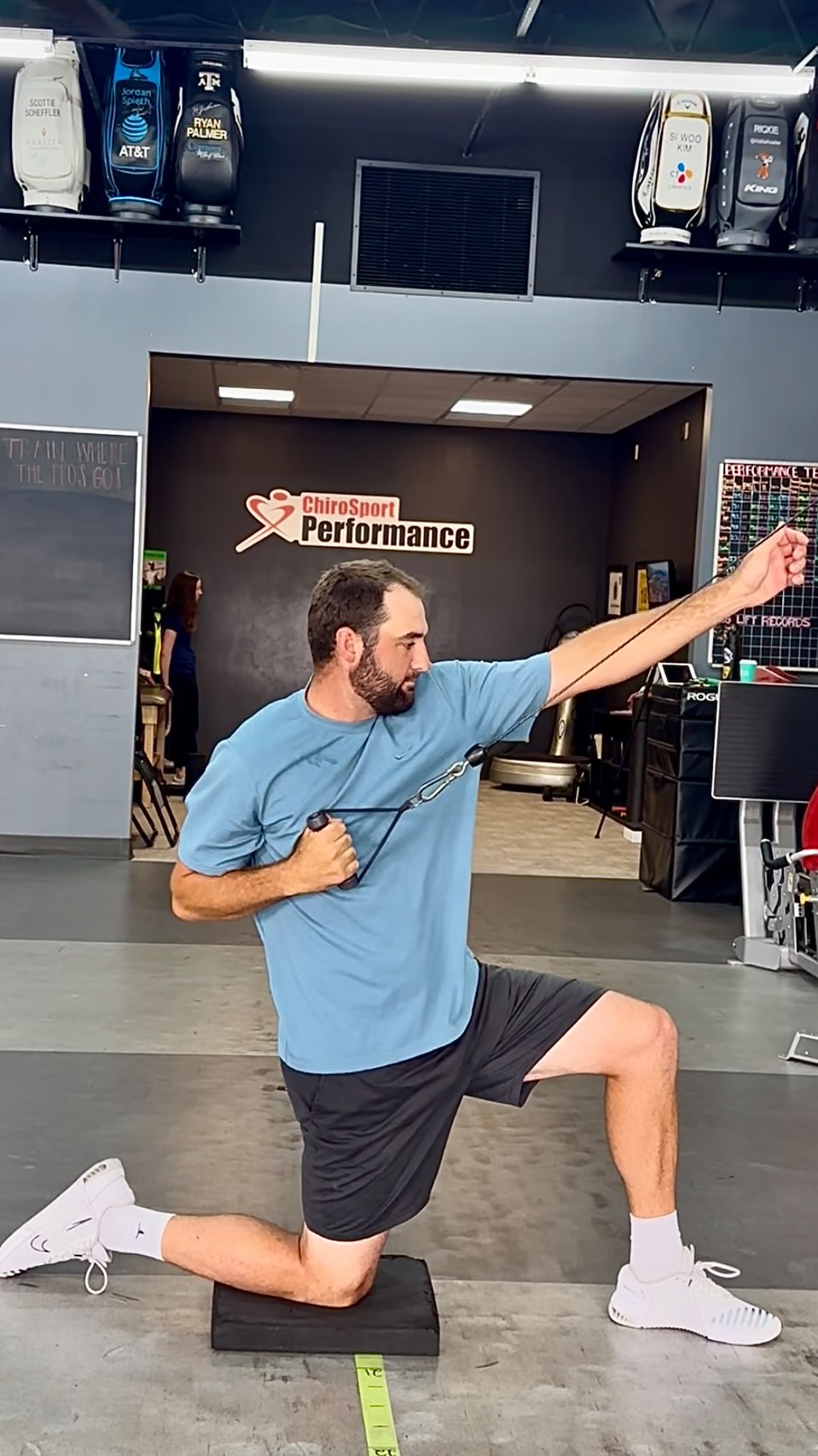
BACK TO WORK💪
How did Germany’s top female golfers perform on the LPGA and LET in 2025? A look at earnings, wins and financial disparities.

Rory McIlroy has become the first player to qualify for Team Europe at the 2025 Ryder Cup in Bethpage Black. The Northern Irishman will celebrate his eighth consecutive appearance and will once again play a key role under captain Luke Donald. With four wins this season and an impressive Ryder Cup track record, McIlroy underscores his importance to Europe.
Rory McIlroy secured his Ryder Cup spot early through outstanding performances on the PGA Tour. Thanks to the European Points List system, which ranks players based on DP World Tour and co-sanctioned event results – he quickly rose to the top. His four season victories, including his Masters triumph at Augusta, made him the undisputed number one. For McIlroy, this qualification confirms not just his consistency but also his unwavering class at the highest level.
For Rory McIlroy, an eighth Ryder Cup appearance represents both a special honor and a significant responsibility. As the team’s most experienced player under captain Luke Donald, he’ll take a leadership role at Bethpage Black. The course’s demanding architecture and the away-game atmosphere present one of golf’s toughest challenges.
McIlroy’s record speaks for itself: Five wins in seven appearances demonstrate his reliability in this event. Whether in Foursomes, Fourballs, or Singles, he consistently delivers under pressure. But his value extends beyond play – as a bridge between veterans and rookies, he strengthens team cohesion and assists Donald with tactical decisions. This combination of competitive excellence and leadership makes McIlroy indispensable for Europe’s New York campaign.

The magician is at it again: Phil Mickelson’s short game wizardry is the stuff of legend, and if you needed a fresh reminder, just watch his latest sleight of hand from the rough at the LIV event in Virginia. With a wildly unconventional stance and angle of attack, “Lefty” holed out in a way that only he could.
The six-time major champion has hinted that the upcoming 125th US Open—his 54th major start—may very well be his last appearance at the national championship. His exemption from winning the 2021 PGA Championship expires after this year, and without another win or high enough ranking, automatic qualification will no longer be guaranteed.
The US Open has long been Mickelson’s white whale. It’s the only major missing from his résumé, the one title that stands between him and the elusive career Grand Slam. That he has finished runner-up six times only adds to the cruel poetry of it all. As he prepares to tee it up once more, just days before his 54th birthday, the question lingers: can golf’s great escape artist pull off one last trick?

Sergio Garcia is officially back in the fold. The former Masters champion has settled his outstanding fines related to unapproved appearances on LIV Golf, clearing the path for a long-awaited return to the DP World Tour.
Garcia, 45, has been absent from European Tour competition since his sudden withdrawal from the 2022 BMW PGA Championship at Wentworth. Now, nearly two years on, the Spaniard is slated to tee it up at two high-profile events: the BMW International Open in Munich this July, and his national Open, the Open de España, later this autumn.
Sources close to Garcia confirm that additional starts are on the horizon, as the veteran eyes a late push for Ryder Cup consideration. Though he narrowly missed out on qualifying for the U.S. Open, Garcia remains motivated to meet the minimum eligibility requirements necessary for a potential Captain’s Pick.
With Team Europe set to defend the Ryder Cup at Bethpage Black in September, Garcia’s renewed presence on the DP World Tour could prove timely—not just for his own ambitions, but for European hopes in hostile territory.

The PGA Championship 2025 promises one of the strongest fields of the year and now two more LIV Golf players have joined. Northern Ireland’s Tom McKibbin and Spain’s David Puig have received late invitations to the major at Quail Hollow, increasing LIV’s presence amid ongoing debates about world ranking points and qualification criteria.
The PGA Championship is renowned for its inclusivity. While the Masters maintains strict entry limits, the PGA of America traditionally invites nearly all top-100 players, unless they qualify otherwise. Since LIV events offer no world ranking points, stars like Bryson DeChambeau and Brooks Koepka rely on past major wins or special exemptions. Others, such as Joaquín Niemann, depend on invitations despite consistent LIV performances.
Tom McKibbin could have played on the PGA Tour after securing his card via a strong 18th-place finish in the 2024 DP World Tour Race to Dubai. Despite warnings from Rory McIlroy, the 22-year-old joined LIV Golf, where he now plays for Jon Rahm’s Legion XIII.
Currently ranked 115th in the world, which is too low for automatic PGA Championship qualification, McKibbin’s steady LIV performances, including a team win in LIV’s season opener in Saudi Arabia, convinced the PGA of America to extend an invite. Legion XIII confirmed his participation via social media on Tuesday.
David Puig jumped straight from college to LIV Golf. The 23-year-old sits 20th in LIV’s individual standings and recently impressed with a T4 at the Bahrain Championship on the DP World Tour.
Yet Puig’s world ranking slipped to 107th, typically insufficient for PGA Championship entry. Like McKibbin, he earned a late invitation, a golden opportunity to compete against golf’s elite and chase crucial ranking points.
Beyond McKibbin and Puig, marquee LIV players like Bryson DeChambeau, Brooks Koepka, Jon Rahm, and Cameron Smith will tee off at Quail Hollow. These major champions remain world-class despite LIV’s ranking-points drought.
All eyes are on DeChambeau as a potential contender, while veterans like Martin Kaymer, Sergio Garcia, Dustin Johnson, and Patrick Reed add experience. Rising talents like Niemann, Dean Burmester, and Eugenio Chacarra round out the field. Even Richard Bland, Laurie Canter, and McKibbin underscore LIV’s depth. For all, the PGA Championship is a chance to chase glory and global legitimacy.
The PGA Championship highlights LIV players’ qualification hurdles. Without ranking points on their tour, majors and sporadic DP World/Asian Tour starts are their only paths to climb the standings.
Niemann secured a U.S. Open spot via LIV’s performance, aided by a new rule granting starts to three top unqualified LIV players. For McKibbin and Puig, Quail Hollow offers a critical opportunity to play their way up the rankings.